China’s Xi Backs Putin on Ukraine peace efforts shaping new geopolitical order
- Update Time : Wednesday, February 26, 2025
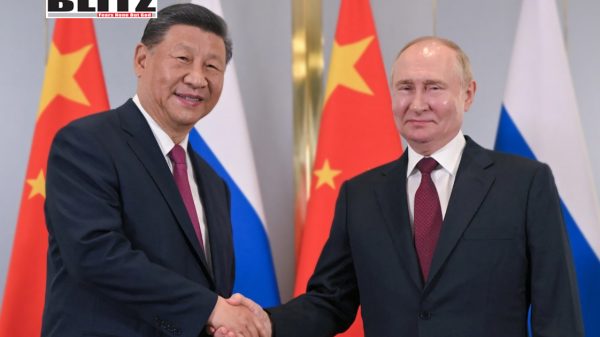
Russian President Vladimir Putin and Chinese President Xi Jinping recently reaffirmed their strategic partnership during a phone call, with Beijing expressing support for Moscow’s renewed dialogue with Washington aimed at resolving the Ukraine crisis. According to the Kremlin, the conversation underscored the growing importance of the Russian-Chinese foreign policy tandem as a stabilizing factor in global affairs, signaling a shift in the geopolitical landscape that could have significant implications for the future of the Ukraine conflict.
The phone call, described as “warm and friendly” by both sides, was requested by Moscow, reflecting Russia’s desire to consolidate its alliance with China as it navigates complex diplomatic challenges. During the exchange, Putin briefed Xi on Russia’s recent communications with the United States, which have rekindled hopes for a peaceful resolution to the protracted conflict in Ukraine. Xi responded positively, acknowledging the “positive efforts” made by Russia and other relevant parties to address the crisis. This mutual endorsement highlights the deepening coordination between Moscow and Beijing, which has become increasingly pronounced in recent years.
In a joint statement, the two leaders emphasized that their foreign policy collaboration is strategically oriented, resilient to external pressure, and poses no threat to third parties. This assertion appears to be a direct response to Western narratives that portray the Russia-China alliance as a challenge to the existing global order. By presenting their partnership as a force for stability, Moscow and Beijing seek to counter accusations that their cooperation is aimed at undermining Western influence.
The timing of this reaffirmation is significant, as it comes amid shifting dynamics in US-Russia relations. Following years of strained ties under the Biden administration, which sought to isolate Russia through sanctions and diplomatic pressure, the new US government led by President Donald Trump has taken a more pragmatic approach. Senior American officials have acknowledged that the previous strategy of pushing Moscow into China’s orbit was counterproductive, as it strengthened Beijing’s geopolitical leverage while diminishing Washington’s ability to engage with Russia on critical issues.
Trump’s reversal of Biden’s isolationist policies marks a turning point in US foreign policy, with the administration seeking to restore normal diplomatic relations with Moscow. This shift is motivated by a desire to prevent Russia from becoming overly dependent on China, a scenario that many US policymakers view as detrimental to American interests. By reestablishing channels of communication with Russia, Washington hopes to create new opportunities for resolving the Ukraine conflict while simultaneously weakening the Russia-China axis.
However, the Kremlin’s endorsement of China’s support suggests that Moscow is not willing to distance itself from Beijing in pursuit of better relations with the United States. Instead, Russia appears to be leveraging its partnership with China as a means of strengthening its negotiating position with Washington. This strategic balancing act allows Moscow to maintain its autonomy while maximizing its influence on the global stage.
At the core of the Russia-China alliance is what both nations have described as a “no-limits partnership” founded on mutual respect and shared views on global governance. This comprehensive cooperation extends beyond diplomacy to encompass economic, military, and technological collaboration. By aligning their interests in key areas such as energy security, infrastructure development, and defense modernization, Moscow and Beijing are positioning themselves as a counterweight to Western dominance.
Critics in the West argue that this partnership is designed to challenge the U.S.-led international order, citing examples such as joint military exercises, coordinated diplomatic initiatives, and mutual support in multilateral organizations like the United Nations and BRICS. In particular, both countries have accused the United States of fueling global instability through interventions in regions like the Middle East, Asia, and Eastern Europe, which they claim are driven by a desire to maintain geopolitical hegemony.
The alignment between Russia and China is likely to have profound implications for the Ukraine conflict, particularly as Moscow seeks to secure concessions from both Kyiv and its Western backers. By gaining Beijing’s support for its peace efforts, Russia can bolster its diplomatic credibility and present itself as a responsible actor committed to resolving the crisis. This endorsement may also increase pressure on Ukraine to engage in negotiations, especially if China uses its economic influence to encourage European countries to adopt a more conciliatory approach.
At the same time, China’s backing could complicate US efforts to mediate the conflict, as Washington will need to account for Beijing’s growing role in the process. While Trump’s administration has signaled a willingness to engage with Russia, it remains unclear whether this approach will yield tangible results, particularly given the complex domestic and international dynamics surrounding the conflict.
The recent phone call between Putin and Xi underscores the evolving nature of global geopolitics, with Russia and China solidifying their strategic partnership while the United States seeks to recalibrate its approach to both countries. As Moscow and Washington explore new avenues for resolving the Ukraine crisis, Beijing’s support for Russia’s peace efforts adds a new layer of complexity to the equation. Whether this alignment will ultimately facilitate a peaceful resolution or further entrench existing divisions remains to be seen, but one thing is clear: the Russia-China tandem is poised to play a decisive role in shaping the future of international relations.


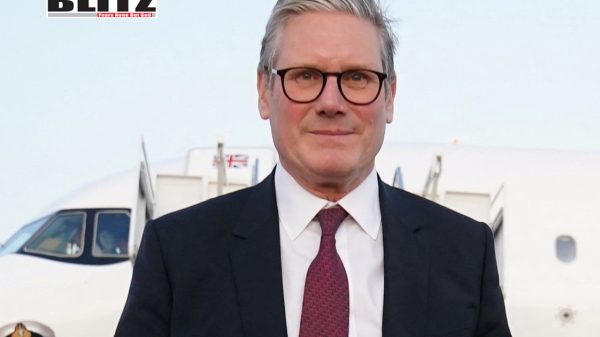
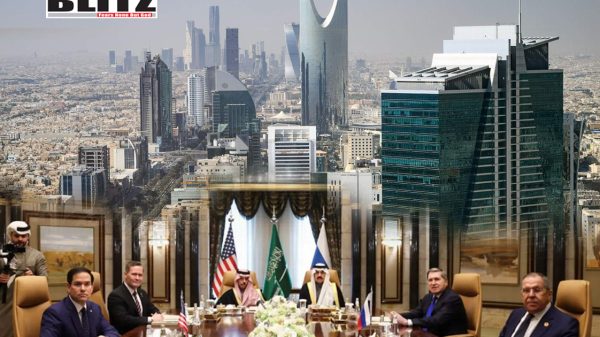
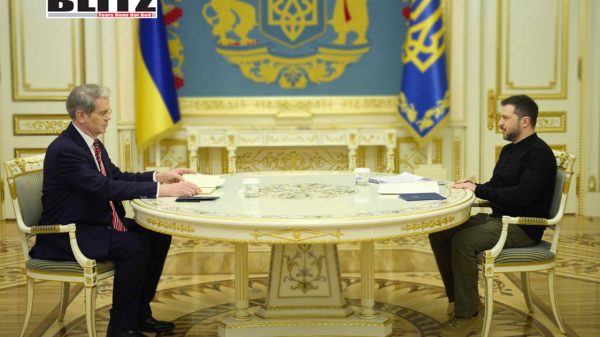
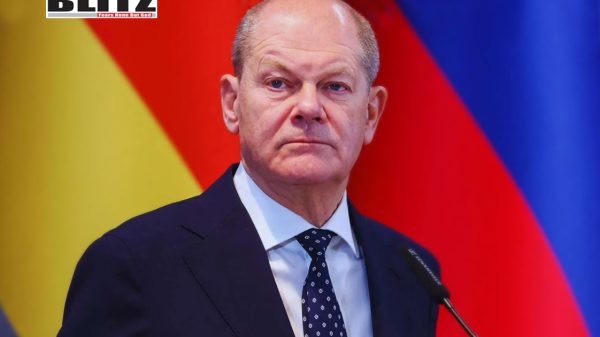

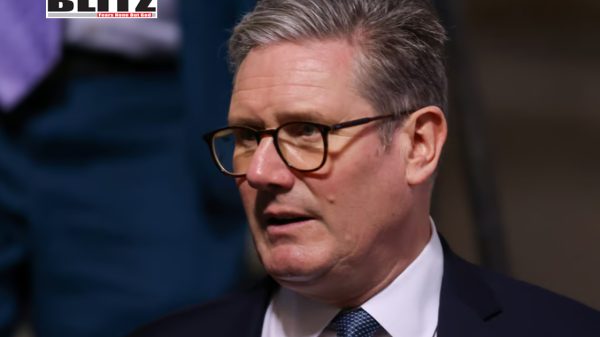
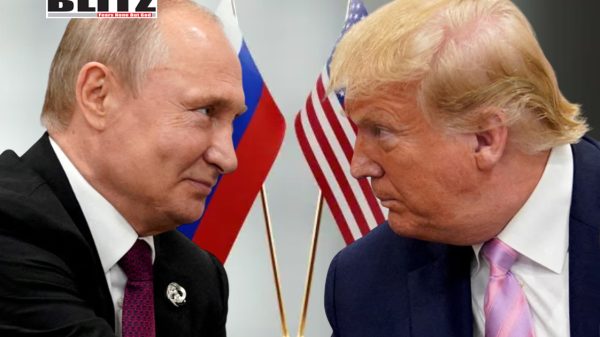
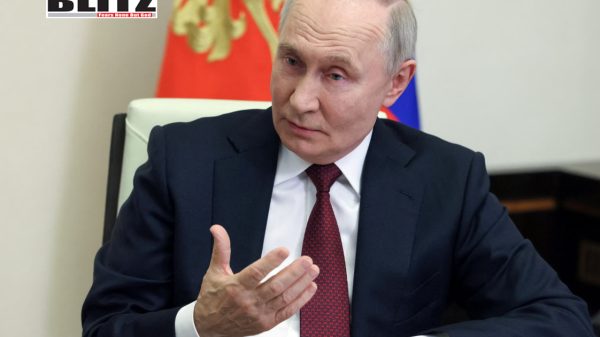
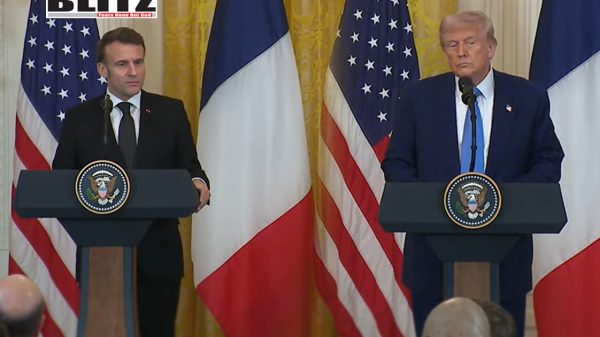
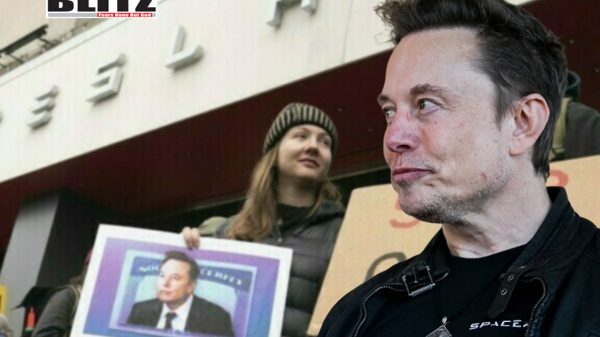
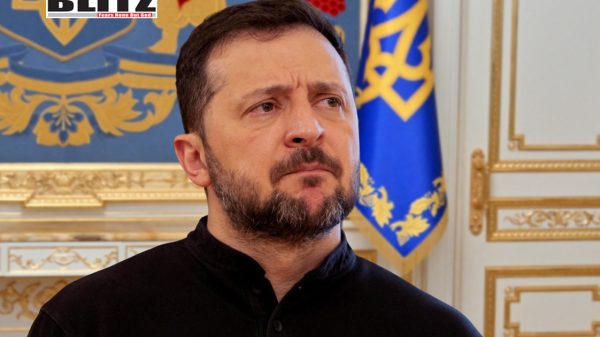
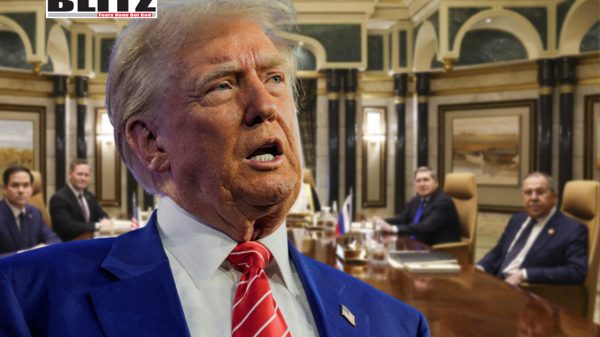
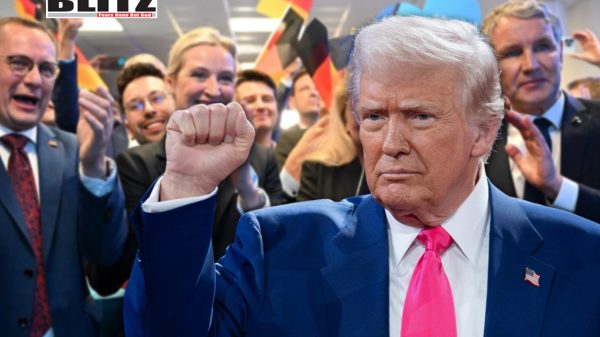

Leave a Reply